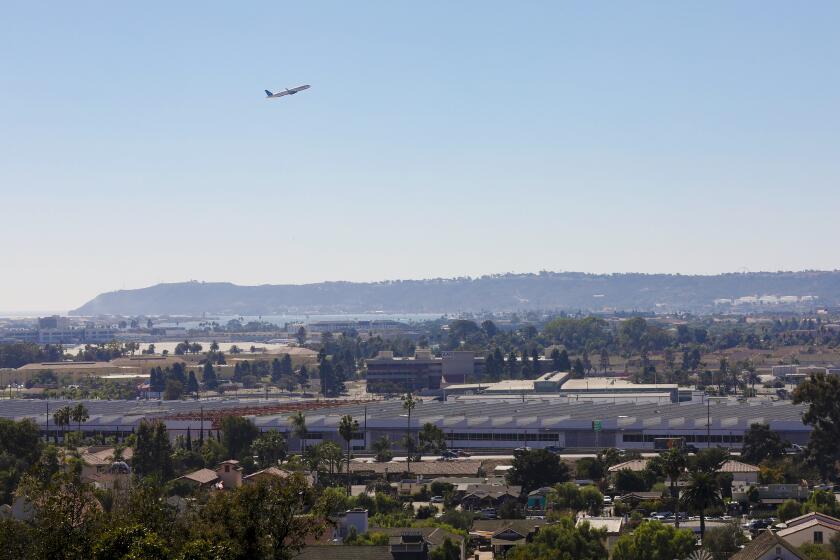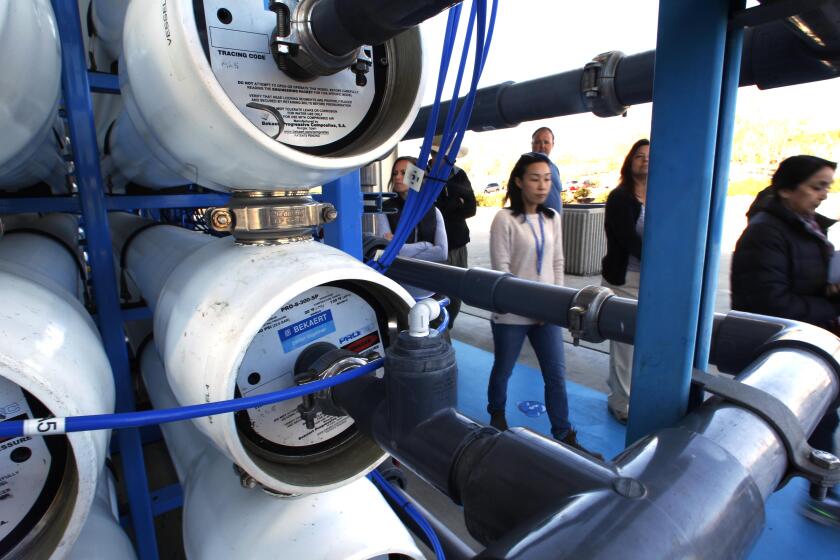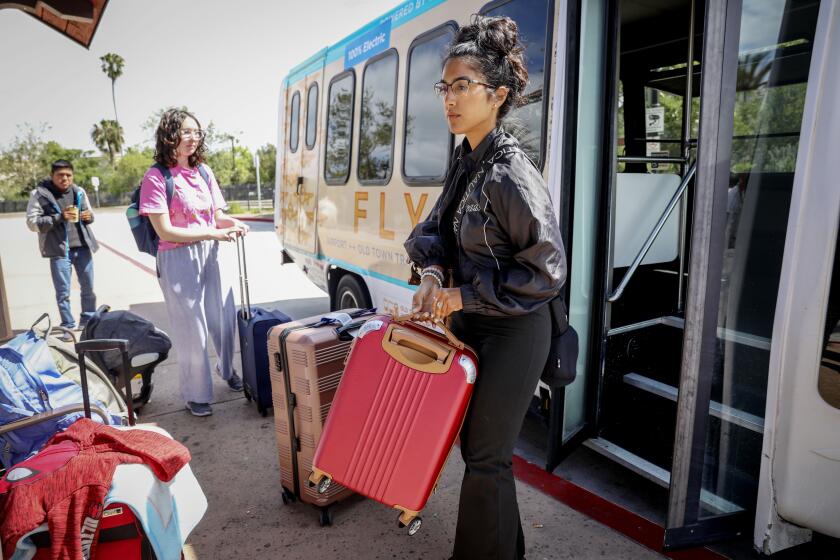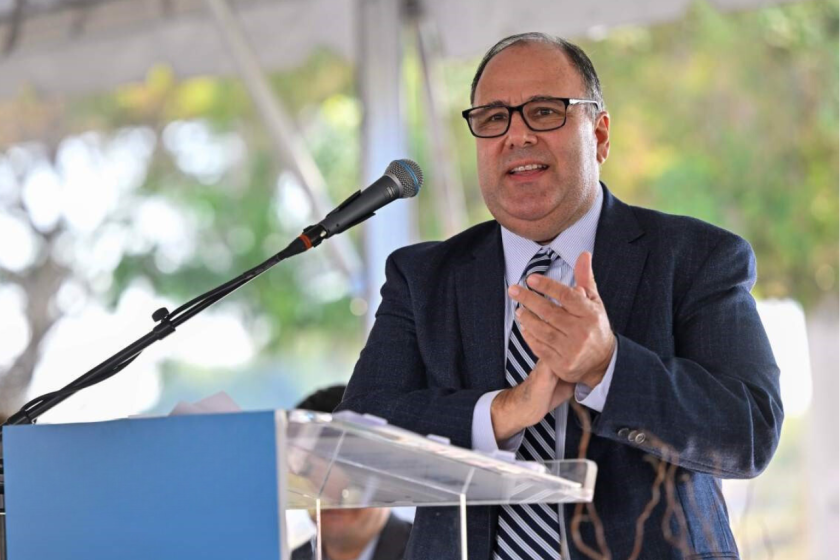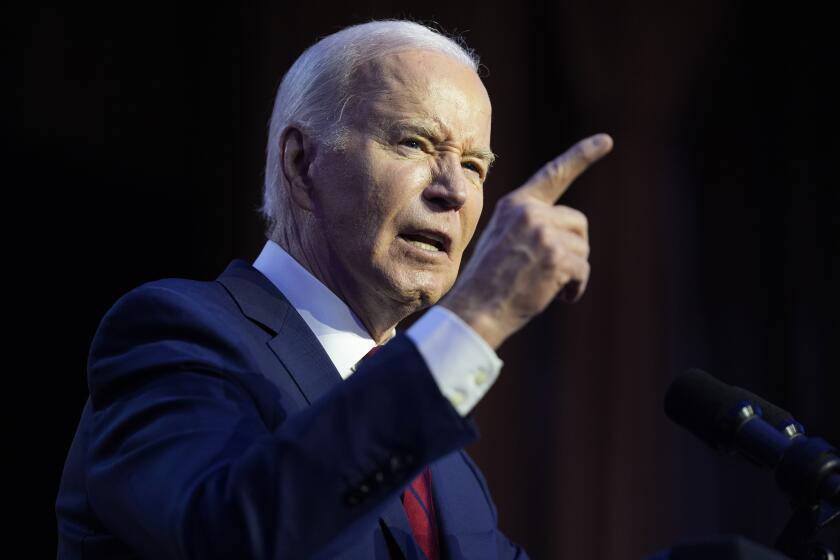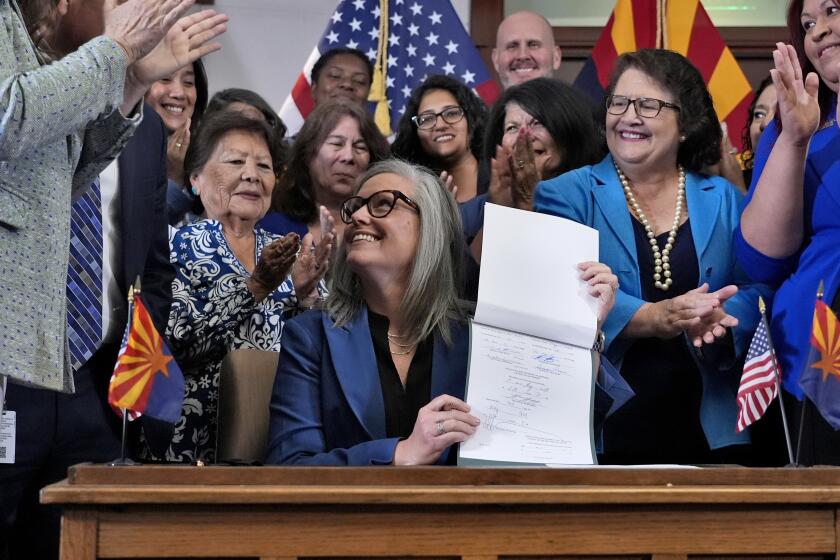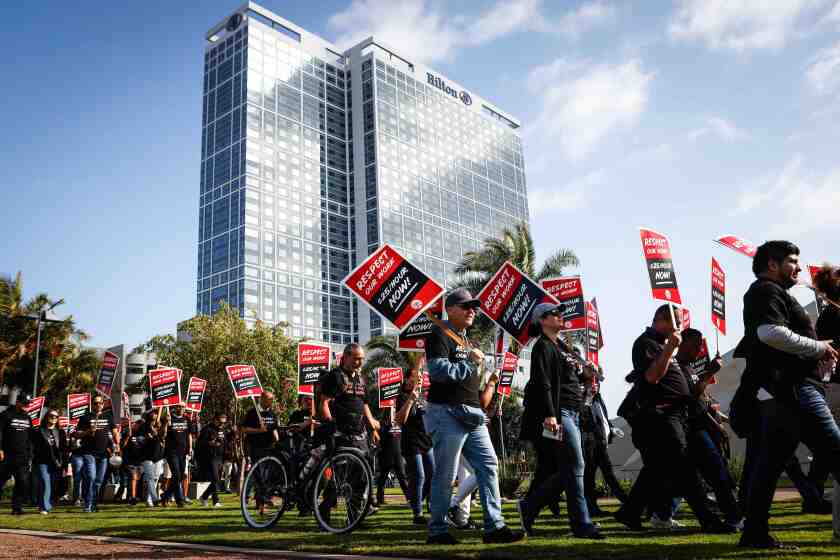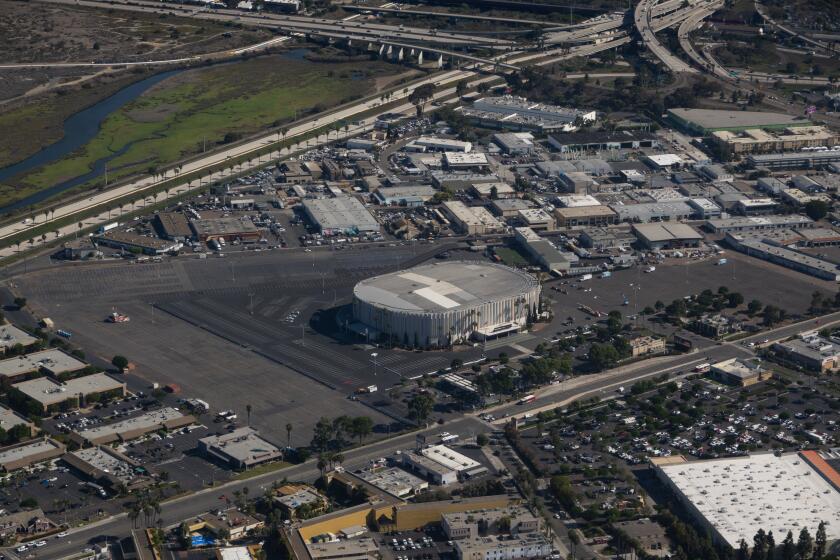Is San Diego at risk of losing millions in state money? That question is key to this ballot measure
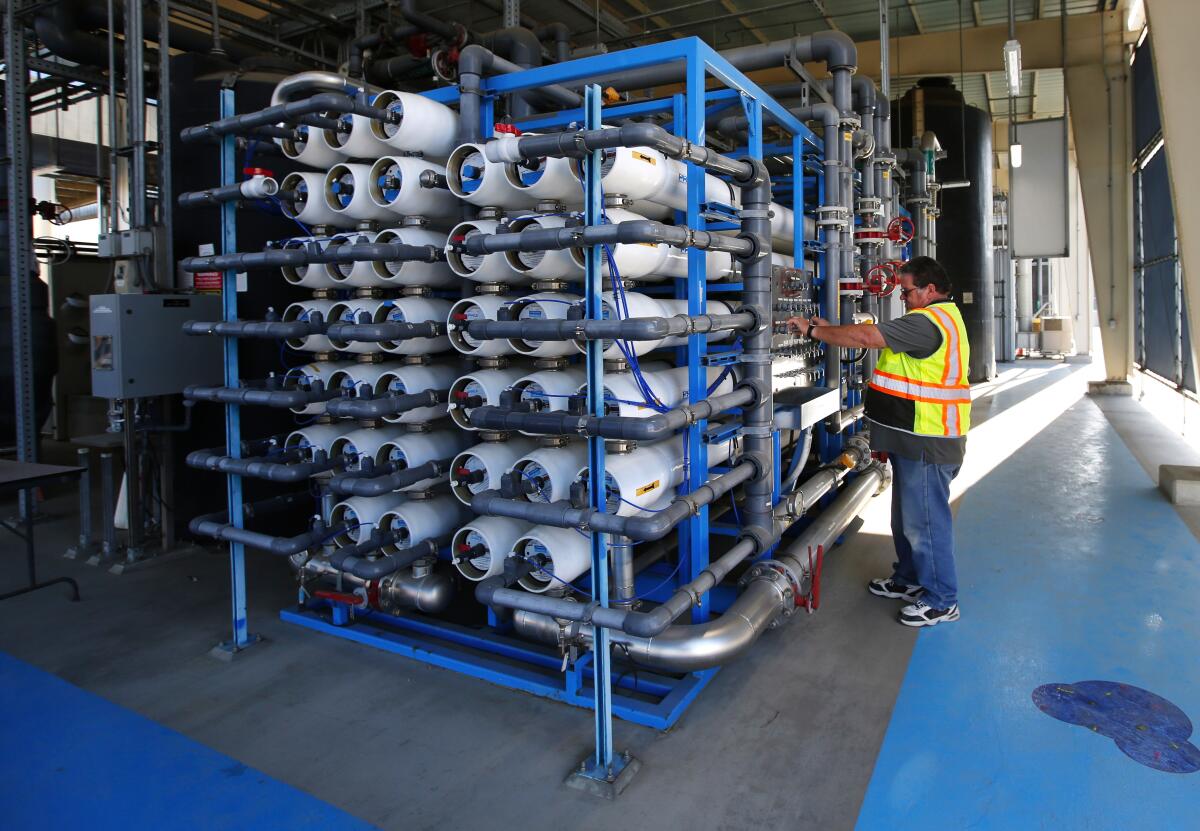
Supporters say many millions could be lost, but opponents say that’s an overblown concern
Whether San Diego is at risk of losing millions in state construction funding is the focus of campaigns both for and against Measure D, a November ballot measure that would eliminate the city’s 10-year-old ban on union-friendly project labor agreements.
Supporters say the measure is crucial to helping San Diego avoid losing state construction funding, stressing that the city has received more than $800 million in such money in just the last two fiscal years.
Get our essential investigative journalism
Sign up for the weekly Watchdog newsletter for investigations, data journalism and more.
You may occasionally receive promotional content from the San Diego Union-Tribune.
Opponents stress that San Diego’s ban on project labor agreements, often called PLAs, hasn’t cost the city even one state dollar since it took effect in 2012. That’s because the voter-approved ban has a specific exemption for projects where state funding would be at risk.
That carve-out has helped San Diego receive state construction funds despite two state laws — SB 922 and SB 829 — that make cities with laws prohibiting PLAs ineligible for discretionary state construction funds.
Project labor agreements are comprehensive deals that determine which kinds of workers can perform which kinds of tasks on a project, typically giving preference to unionized workers. PLAs have become much more common in recent years, especially for large projects.
A judge entered the dispute last week over whether San Diego is risking millions in state funds. Superior Court Judge Kevin Enright ruled in favor of Measure D supporters, allowing the description of Measure D on the ballot to say it’s critical to preserving state funding.
Opponents had filed a legal challenge asking to eliminate that language, contending that no money has been lost during the 10-year ban.
City Council gives final approval to sending ballot measures to voters this November
The city’s independent budget analyst didn’t take a side on the issue in its recently released fiscal impact analysis of Measure D but suggested state money could potentially be at risk if San Diego’s ban on PLAs remains in place.
“To date there has been no such loss of state funds,” the budget analyst said. “The city has relied on the 2012 prohibition’s exception to continue pursuing state funding for projects, but it is unclear whether courts would rule that the city’s exception to the PLA prohibition is sufficient for continued state funding eligibility.”
The IBA also notes that losing state funding isn’t the only financial risk the city faces by keeping the 2012 ban in place. The IBA says the ban “raises the risk of litigation costs and related project delays.”
That contention is based on the city’s Pure Water sewage recycling project being delayed 18 months and suffering $130 million in cost increases. That happened in 2018, when the city was sued over how it awarded some explicitly pro-union Pure Water contracts despite the PLA ban.
Rules Committee votes 4-1 in favor of November 2022 ballot measure, which labor unions strongly support
Mayor Todd Gloria, who endorsed Measure D Thursday, left no doubt that he believes the measure is crucial to maintaining San Diego’s eligibility for state construction funds.
“San Diegans have been waiting a long time to see progress on addressing the backlog in repairs, improvements and new facilities that improve how our city functions and the quality of our neighborhoods,” Gloria said. “But San Diego’s big plans rely on state funding to make them reality, and the only way to make sure we remain eligible for funding is by saying yes on Measure D.”
Gloria said the $130 million in Pure Water cost increases, which will be passed on to city sewer and water ratepayers, could have been avoided if San Diego’s PLA ban were not in place.
“This isn’t smart, and it’s not sustainable,” Gloria said of the current ban. “We can’t afford that kind of uncertainty. We need to pass Measure D and avoid the risk of litigation and costly delays.”
Supporters also tout other elements of Measure D, which would alsorequire public disclosure for all city bids and contracts over $10,000, establish a citizen’s oversight committee to prevent waste in contracting and prohibit discrimination on city projects.
Opponents say the PLA ban has reduced city costs for projects and created fair and open competition for city contracts.
They also say eliminating the ban would discriminate against the roughly 80 percent of the local construction workforce who are not union members. In addition, they characterize PLAs as backroom deals that enrich “special interests.”
The IBA also declined to take a firm stand on the financial impact of PLAs themselves.
“Some studies indicate PLAs increase project costs, while others conclude that PLAs do not increase, or may decrease, project costs,” said the IBA, contending there are too many future unknowns for a reliable analysis of Measure D’s fiscal impact. “The fiscal impact of potentially adopting PLAs on future projects cannot be reasonably projected.”
Get Essential San Diego, weekday mornings
Get top headlines from the Union-Tribune in your inbox weekday mornings, including top news, local, sports, business, entertainment and opinion.
You may occasionally receive promotional content from the San Diego Union-Tribune.
